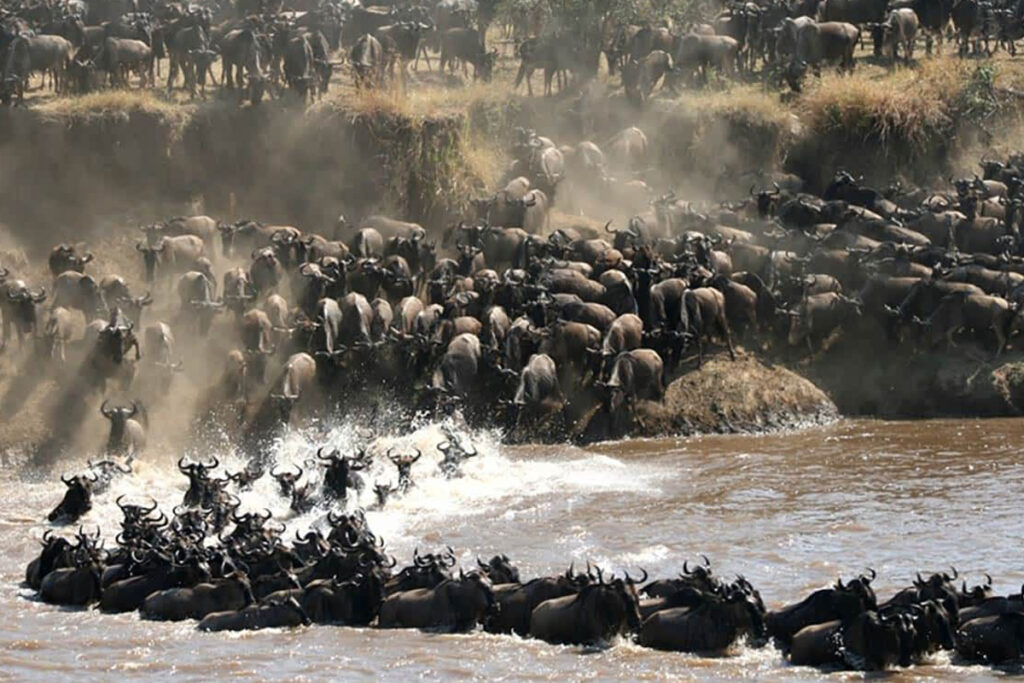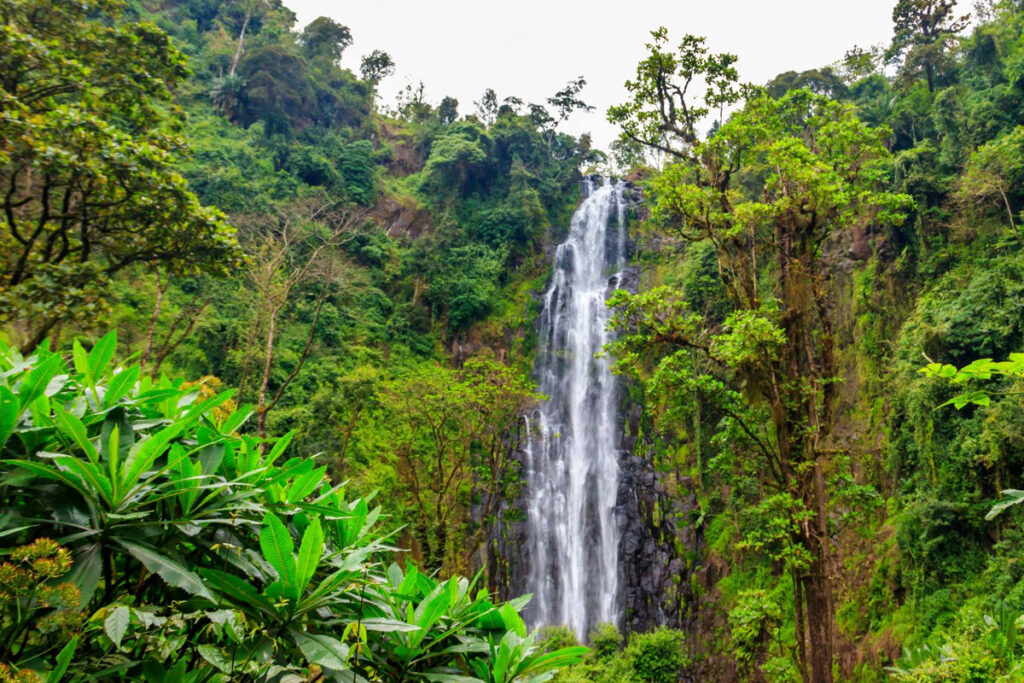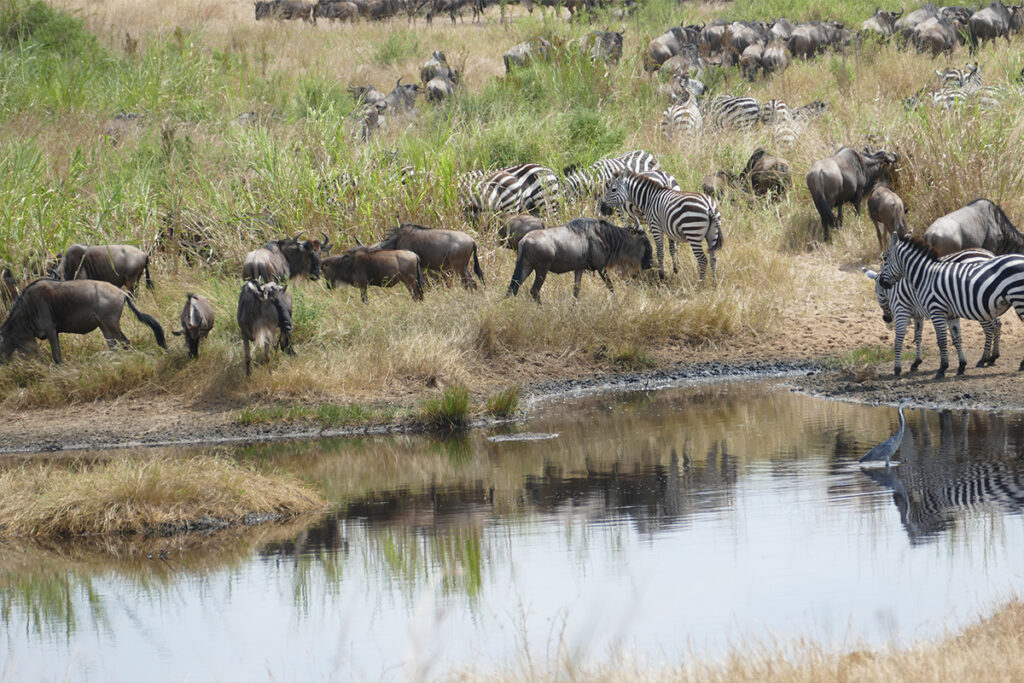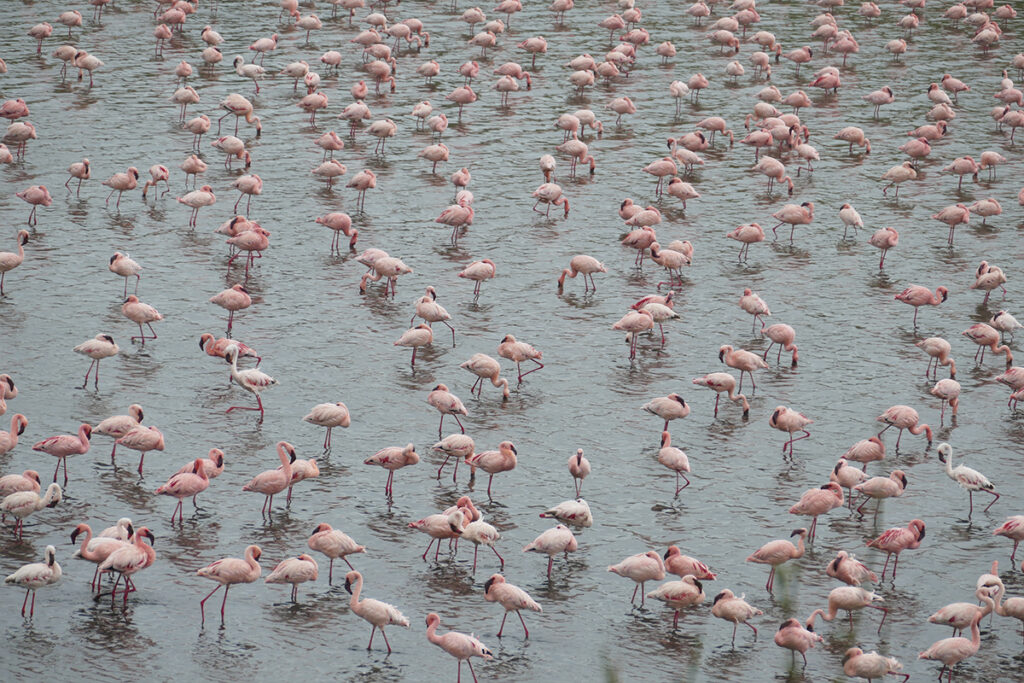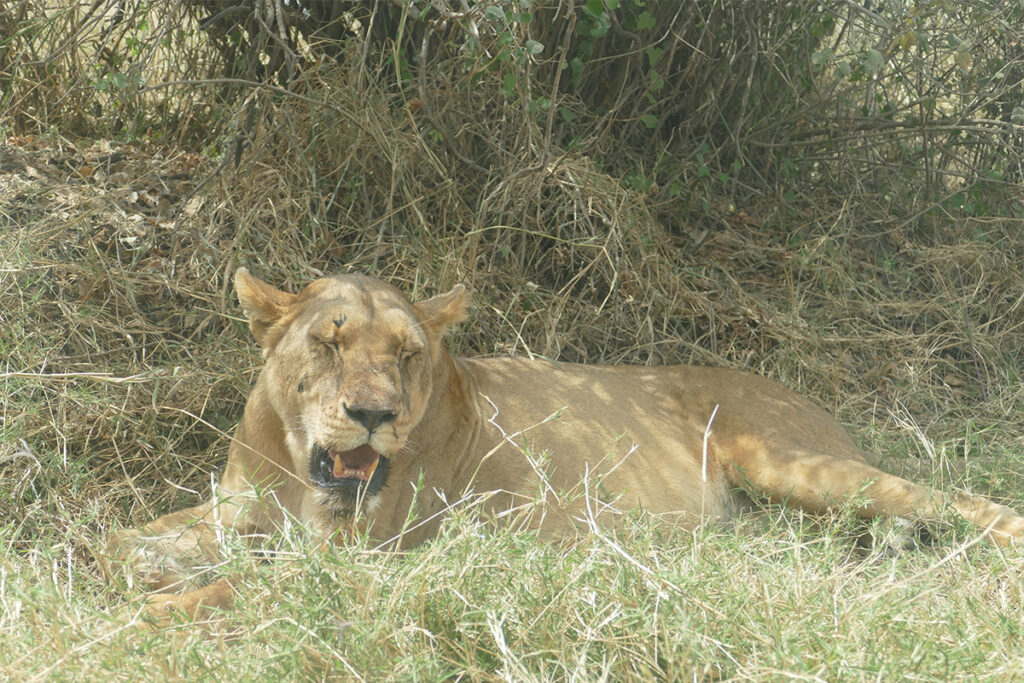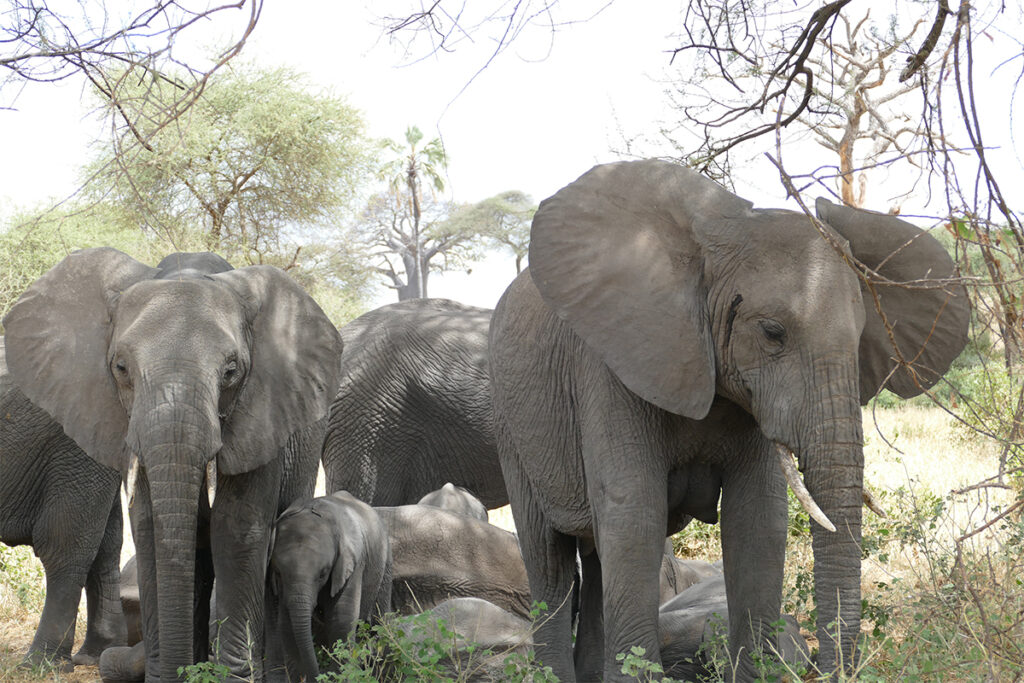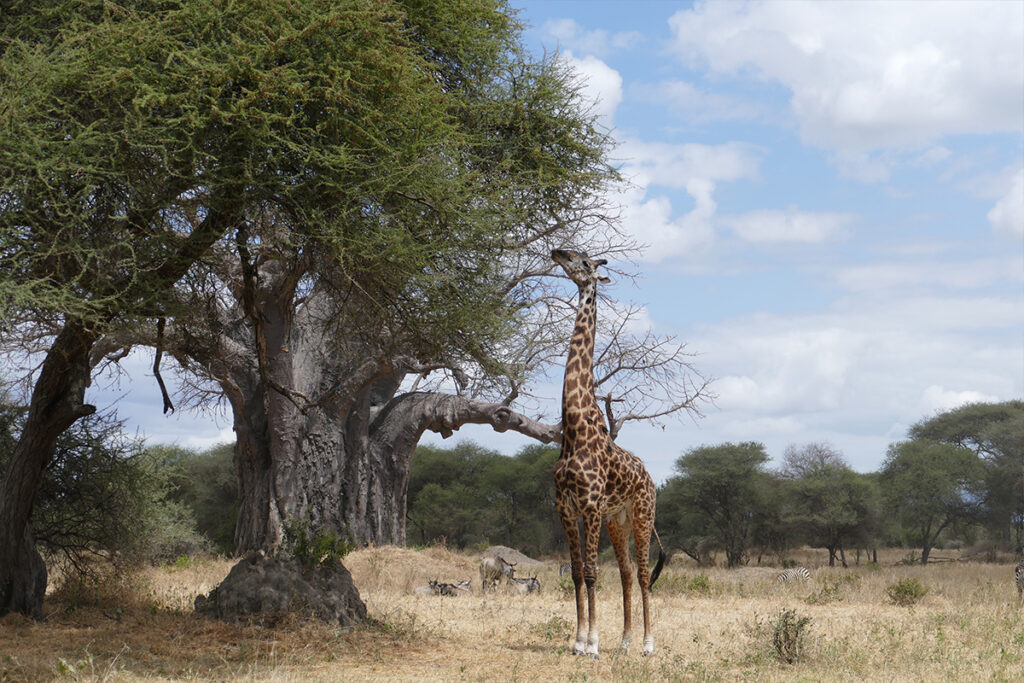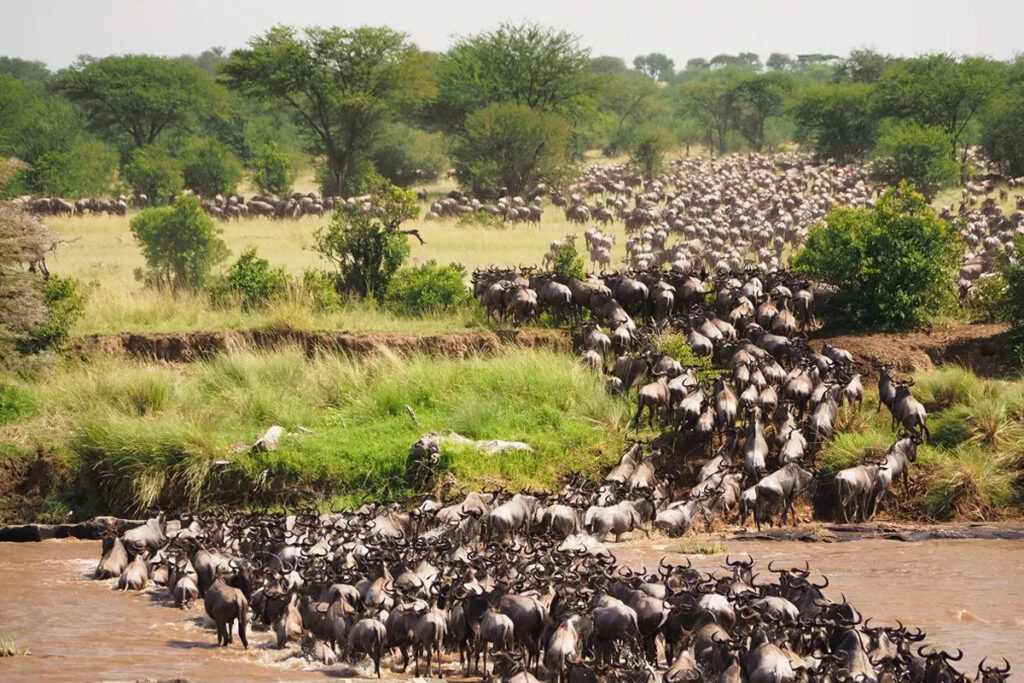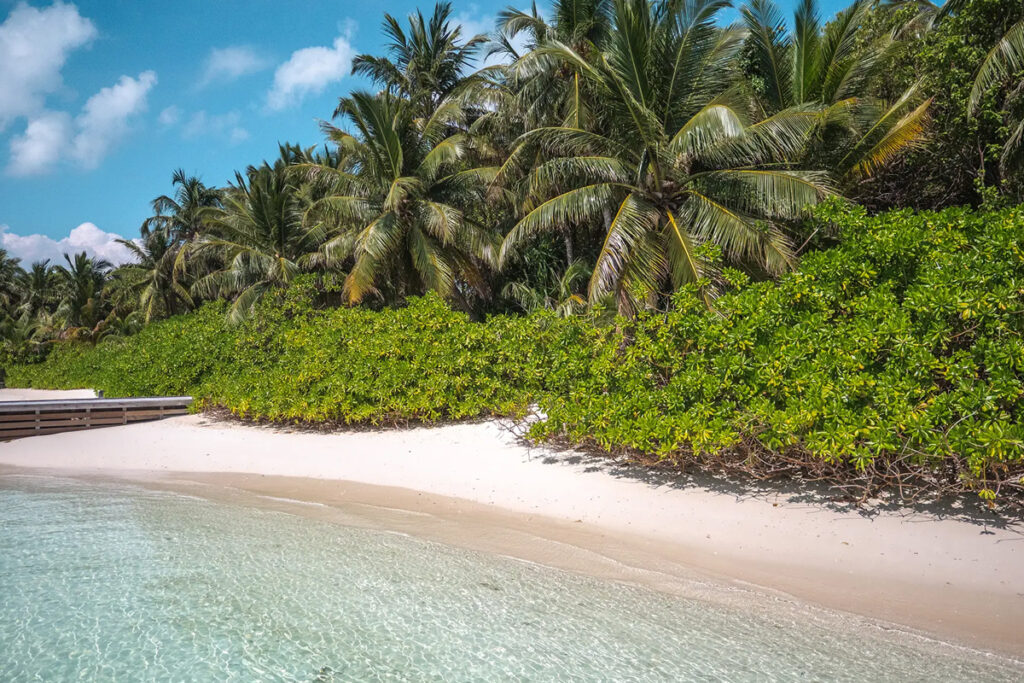Tanzania Culture
Tanzania Culture & Languages
When we talk about Tanzania culture, language is a big part of it. Tanzania has many different languages and cultures, which makes it really interesting. Most people use Swahili to communicate, but English is also used in some places. In Tanzania, there are 120 languages spoken by different local tribes, and 8 other languages that come from outside the country. It’s concerning because 44 of these languages might disappear soon, and 2 have already vanished completely. Learning more about Tanzania’s languages and cultures can show us just how diverse and special it is.
While Swahili is the main language, English is also important, especially in schools and government. The variety of indigenous languages reflects Tanzania’s rich heritage, but some are at risk of disappearing. It’s crucial to understand and protect Tanzania’s languages and cultures to preserve its unique identity for future generations.
Top Tanzania Safari Destinations
Tanzania is home to some of Africa's most iconic and diverse safari destinations, offering an unparalleled wildlife experience. From the vast plains of the Serengeti to the unique ecosystem of Ngorongoro Crater, each destination offers something special for every traveler. Whether you're tracking the Great Migration, spotting the Big Five, or exploring off-the-beaten-path reserves, Tanzania's national parks and game reserves provide an adventure like no other.
Here are the top safari destinations that should be on every traveler's list:
- Southern Tanzania
- western Tanzania
- Northern Tanzania
- Eastern Tanzania
LET'S PLAN
YOUR SAFARI TOGETHER
Start planning your tour with us, we can create an itinerary from scratch or modify one of our suggested itineraries.
Top Pick Tour Packages For You
Tanzania Safari and Trekking
Tanzania boasts Africa’s renowned parks, promising unforgettable luxury safaris. With expertly crafted itineraries, immerse yourself in the finest national parks for a tailored wildlife adventure.
Our Clients are very Happy
This is What Travelers Are Saying About Us

